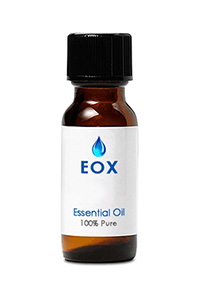New ArrivalsGift Ideas Specials Contact Us

WINTER 5% OFF SALE!
SITEWIDE05
Simply enter the above coupon code and save 5% on your ENTIRE ORDER!
Use PayPal, cash, or checks! NO LIMIT!

Now In: CATEGORIES → Essential Oils → 15ml Bottles → Essential Oil - Oregano
Botanical name: Origanum vulgare Color: Pale yellow to amber Consistency: Thin Perfumery note: Middle Related planets/deities: Mercury Aroma: Spicy-herbaceous, camphoraceous Energetic Properties: Calming, invigorating Aromatherapy properties: A pale yellow liquid (browning with age), with a warm, spicy-herbaceous, camphoraceous odor. It blends well with lavender, oakmoss, pine, citronella, rosemary, camphor, and cedarwood. Spiritual uses: The calming properties of oregano oil can relax the mind, balance the emotions, and banish mental fatigue. Oregano oil is considered ideal for promoting clarity of thought, and has a long history of use in rituals and potions to guard against negative energies or influences. Blends well with: Refreshing or herbaceous oils such as Camphor, Cedarwood, Citronella, Cypress, Eucalyptus, Lavender, Oakmoss, Pine, Rosemary, and Tea Tree. History: Oregano appears in the Bible as one of the healing plants given to humans by God. The herb’s healing benefits were known to the Greeks, who named it “joy of the mountains”, and the Greek physician Hippocrates used oregano as an antiseptic and medicine for respiratory and digestive ailments. Newlyweds in Greece were traditionally crowned with dried sprigs of oregano as a blessing to ensure happiness in their new marriage. In Chinese medicine, oregano is traditionally used to ease digestive complaints, cure skin infections, and treat jaundice. Dried and fresh oregano also became a popular cold remedy in Renaissance Europe, where it was added to washing water and nosegays as a disinfectant. Early European colonists also brought oregano with them to the New World as a medicinal herb. |
|
||||||




